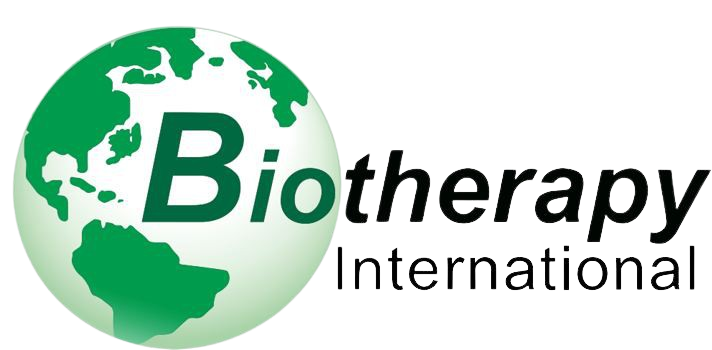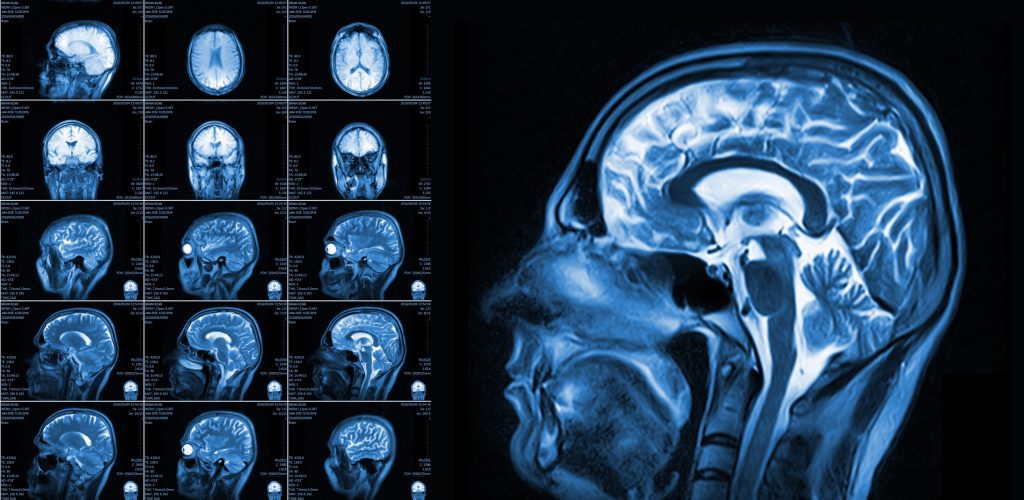Astrocytoma is a common type of brain cancer which affects both children and adults. It develops from cells called astrocytes, which are cells that play important support roles to other brain cells. According to the World Health Organization’s classification of brain tumors, astrocytomas range from grade 1 (most benign) to grade 4 (most malignant).
The prognosis of astrocytoma depends on its malignancy grade: in the most unfavorable cases (grade 4) the average survival is 15 months.
What types of astrocytomas exist?
There are 4 types of astrocytomas classified:
Grade 1: Pilocytic astrocytoma – a slow growing tumor that often affects the cerebellum without deeply invading other tissues.
Grade 2: Diffuse astrocytoma – an invasive tumor that may infiltrate different brain tissues, but may also displace healthy tissue.
Grade 3: Anaplastic astrocytoma – an aggressive tumor with rapid growth.
Grade 4: Glioblastoma – the most malignant, aggressive, and prevalent form of astrocytoma.
Treatment of astrocytoma
Conventional treatment methods for astrocytoma include surgical removal of the tumor followed by radiation therapy or chemotherapy with temozolomide.
Surgical treatment of astrocytoma
The first-line treatment for brain astrocytoma is surgical removal of the tumor. Surgery may be sufficient for grade 1 astrocytoma, but it is a complex procedure that is not always possible to perform. For example, if the tumor is in a hard-to-reach location or is deemed too large, complete removal without damaging vital brain centers may not be possible.
Surgical intervention can lead to disability (speech impairments, complete or partial paralysis) or significantly reduce quality of life. In the case of recurrent brain astrocytoma, subsequent surgeries also carry the same risk of complications.
Chemotherapy for astrocytoma
For grades 2-4 astrocytoma after surgical treatment, chemotherapy with temozolomide or a combination of procarbazine + lomustine + vincristine is recommended. Despite the good tolerability, this treatment does not increase long-term survival in high-grade malignant brain astrocytoma. Fortunately, recent studies have shown that patients with brain cancer do not need to interrupt chemotherapy to undergo immunotherapy. The combination of these methods can even increase survival.
Radiation therapy for astrocytoma
Radiation therapy has been the cornerstone of astrocytoma treatment for the past 50 years and is extremely effective, at least during the first few months after treatment. Radiation therapy damages the DNA of tumor cells, thus causing their death. However, radiation affects not only malignant but also healthy cells. This can lead to brain tissue damage and the development of cognitive impairments, as well as other side effects such as hair loss and muscle weakness. We recommend using radiation therapy in combination with immunotherapy or performing immunotherapy immediately after a course of radiation therapy to improve the prognosis of brain astrocytoma.
Immunotherapy for astrocytoma
One of the most promising avenues in the treatment of brain cancer, including astrocytoma and glioblastoma, is immunotherapy. After conventional treatment methods such as surgery, chemotherapy, or radiation therapy, some patients achieve a ‘minimal residual disease stage’. This means only a small number of cancer cells remain in the body, but is not equivalent to complete recovery.
Astrocytoma can develop again even from a single malignant cell remaining. Tumor cells can become resistant to conventional treatment methods which results in the astrocytoma continuing to grow despite ongoing chemotherapy or radiation therapy. For such patients, the best treatment option becomes immunotherapy: it offers a completely new avenue of cancer destruction even in late-stage tumors.
Oncolytic Viruses
A new and promising method in the treatment of brain astrocytoma is oncolytic viruses. These viral strains are safe for humans as they only attach to tumor cells, sparing healthy cells. They act through two pathways: direct and indirect. By directly penetrating the malignant cell, they induce its programmed death (apoptosis). After the cell dies, these viral particles enter the bloodstream, where they attack other malignant cells.
The indirect effect of oncolytic viruses is that they stimulate the patient’s own immune system to fight the tumor. Viruses attach to tumor cells and “mark” them, helping the immune system recognize and destroy them.
At Biotherapy International, we administer oncolytic viruses not only intravenously or through the nose but also directly into the malignant tumor itself. This procedure can be performed either during astrocytoma removal surgery or using an Ommaya reservoir — a tube that leads into the brain ventricle. Administering oncolytic viruses directly into the tumor allows for maximum effectiveness: they do not have to cross the protective blood-brain barrier, and the viruses can directly impact the tumor.
Cancer Vaccines
Cancer vaccines are another method of immunotherapy based on training the patient’s immune system to recognize and destroy malignant cells. In this case, the immune system works similarly to detecting any infectious agent. We create cancer vaccines individually for each patient using samples of tumor tissues obtained during surgery. To enable such treatment, we recommend cryopreservation of tumor samples in our Tumor Bank.
Prognosis for Astrocytoma
The prognosis for brain astrocytoma varies depending on its malignancy grade. For pilocytic astrocytoma, the prognosis is favorable: the 5-year survival rate is 96%. For diffuse astrocytoma, the survival rate is 8 years, while for anaplastic astrocytoma, it’s only 3-5 years after diagnosis. The most unfavorable prognosis is for glioblastoma: up to 15 months after diagnosis.
Biotherapy International has vast experience in treating various types of brain cancer, including astrocytoma of different malignancy grades. About 30 years ago, we first began applying experimental immunotherapeutic methods in brain cancer treatment, and at that time, around ten of our patients, even those with the highest grade of astrocytoma, achieved complete remission. Several of them still live without recurrent disease more than 20-30 years after treatment.

